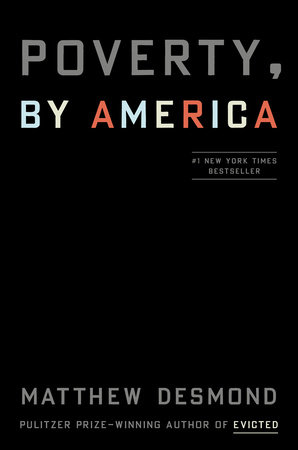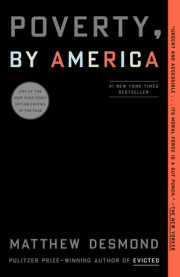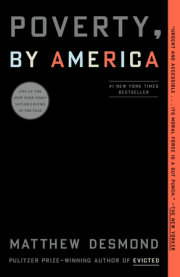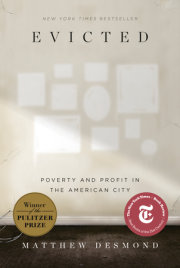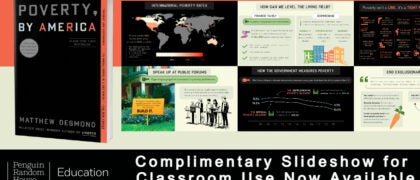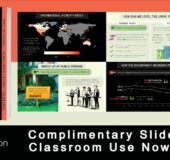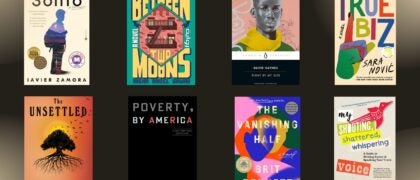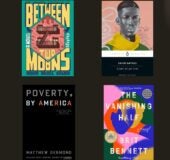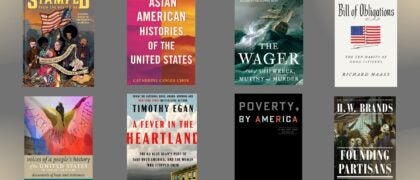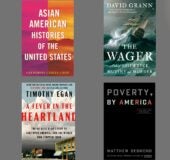Chapter 1
The Kind of Problem Poverty IsI recently spent a day on the tenth floor of Newark’s courthouse, the floor where the state decides child welfare cases. There I met a fifty-five-year-old father who had stayed up all night working at his warehouse job by the port. He told me his body felt heavy. Sometimes when pulling a double shift, he would snort a speedball—cocaine mixed with benzodiazepine and morphine, sometimes heroin—to stay awake or dull his pain. Its ugly recipe was laid bare in the authorities’ toxicology reports, making him look like a career junkie and not what he was: an exhausted member of America’s working poor. The authorities didn’t think the father could care for his three children alone, and their mother, who had a serious mental illness and was using PCP, wasn’t an option either. So the father gambled, surrendering his two older children to his stepmother and hoping the authorities would allow him to raise the youngest. They did. Outside the courtroom, he hugged his public defender, who considered what had happened a real victory. This is what winning looks like on the tenth floor of Newark’s courthouse: giving up two of your children so you have a chance to raise the third alone and in poverty.
Technically, a person is considered “poor” when they can’t afford life’s necessities, like food and housing. The architect of the Official Poverty Measure—the poverty line—was a bureaucrat working at the Social Security Administration named Mollie Orshansky. Orshansky figured that if poverty was fundamentally about a lack of income that could cover the basics, and if nothing was more basic than food, then you could calculate poverty with two pieces of information: the cost of food in a given year and the share of a family’s budget dedicated to it. Orshansky determined that bare-bones food expenditures accounted for roughly a third of an American family’s budget. If a family of four needed, say, $1,000 a year in 1965 to feed themselves, then any family making less than $3,000 a year (or around $27,000 at the beginning of 2022) would be considered poor because they would be devoting more than a third of their income to food, forgoing other necessities. Orshansky published her findings in January of that year, writing, “There is thus a total of 50 million persons—of whom 22 million are young children—who live within the bleak circle of poverty or at least hover around its edge.” It was a number that shocked affluent Americans.
Today’s Official Poverty Measure is still based on Orshansky’s calculation, annually updated for inflation. In 2022, the poverty line was drawn at $13,590 a year for a single person and $27,750 a year for a family of four.
As I’ve said, we can’t hope to understand why there is so much poverty in America solely by considering the lives of the poor. But we need to start there, to better understand the kind of problem poverty is—and grasp the stakes—because poverty is not simply a matter of small incomes. In the words of the poet Layli Long Soldier, that’s just “the oil at the surface.”
I met Crystal Mayberry when I was living in Milwaukee and researching my last book, on eviction and the American housing crisis. Crystal was born prematurely on a spring day in 1990, shortly after her pregnant mother was stabbed eleven times in the back while being robbed. The attack induced labor. Both mother and daughter survived. It was not the first time Crystal’s mother had been stabbed. For as far back as Crystal can remember, her father beat her mother. He smoked crack cocaine, and so did her mother; so did her mother’s mother.
Crystal’s mother found a way to leave her father, and soon after, he began a lengthy prison stint. Crystal and her mother moved in with another man and his parents. That man’s father began molesting Crystal. She told her mother, and her mother called her a liar. Not long after Crystal began kindergarten, Child Protective Services, the branch of government tasked with safeguarding children from maltreatment, stepped in. At five, Crystal was placed in foster care.
Crystal bounced around between dozens of group homes and sets of foster parents. She lived with her aunt for five years. Then her aunt returned her. After that, the longest Crystal lived anywhere was eight months. When she reached adolescence, Crystal fought with the other girls in the group homes. She picked up assault charges and a scar across her right cheekbone. People and their houses, pets, furniture, dishes—these came and went. Food was more stable, and Crystal began taking refuge in it. She put on weight. Because of her weight, she developed sleep apnea.
When Crystal was sixteen, she stopped going to high school. At seventeen, she was examined by a clinical psychologist, who diagnosed her with, among other things, bipolar disorder, post-traumatic stress disorder, reactive attachment disorder, and borderline intellectual functioning. When she turned eighteen, she aged out of foster care. By that time Crystal had passed through more than twenty-five foster placements. Because of her mental illness, she had been approved for Supplemental Security Income (SSI), a government income subsidy for low-income people who are old, blind, or who have a disability. She would receive $754 a month, or a little over $9,000 a year.
Crystal was barred from low-income housing for two years because of an assault charge she received for fighting in the group home. Even if she had not been barred, she would still have found herself at the bottom of a waiting list that was six years long. Crystal secured her first apartment in the private market: a run-down two-bedroom unit. The apartment was located in a majority-Black neighborhood that ranked among the city’s poorest, but Crystal herself was Black and had been turned down for apartments in the Hispanic and white areas of town. Crystal’s rent took 73 percent of her income, and it wasn’t long before she fell behind. A few months after moving in, she experienced her first official eviction, which went on her record, making it likely that her application for housing assistance would be denied. After her eviction, Crystal met a woman at a homeless shelter and secured another apartment with her new friend. Then Crystal put that new friend’s friend through a window, and the landlord told Crystal to leave.
Crystal spent nights in shelters, with friends, and with members of her church. She learned how to live on the streets, walking them at night and sleeping on the bus or in hospital waiting rooms during the day. She learned to survive by relying on strangers. She met a woman at a bus stop and ended up living with her for a month. People were attracted to Crystal. She was gregarious and funny, with an endearing habit of slapping her hands together and laughing at herself. She sang in public, gospel mostly.
Crystal had always believed that her SSI was secure. You couldn’t get fired from SSI, and your hours couldn’t get cut. “SSI always come,” she said. Until one day it didn’t. Crystal had been approved for SSI as a minor, but her adult reevaluation found her ineligible. Now her only source of income was food stamps. She tried donating plasma, but her veins were too small. She burned through the remaining ties she had from church and her foster families. When her SSI was not reinstated after several months, she descended into street homelessness and prostitution. Crystal had never been an early riser, but she learned that mornings were the best time to turn tricks, catching men on their way to work.
For Crystal and people in similar situations, poverty is about money, of course, but it is also a relentless piling on of problems.
Poverty is pain, physical pain. It is in the backaches of home health aides and certified nursing assistants, who bend their bodies to hoist the old and sick out of beds and off toilets; it is in the feet and knees of cashiers made to stand while taking our orders and ringing up our items; it is in the skin rashes and migraines of maids who clean our office buildings, homes, and hotel rooms with products containing ammonia and triclosan.
In America’s meatpacking plants, two amputations occur each week: A band saw lops off someone’s finger or hand. Pickers in Amazon warehouses have access to vending machines dispensing free Advil and Tylenol. Slum housing spreads asthma, its mold and cockroach allergens seeping into young lungs and airways, and it poisons children with lead, causing irreversible damage to their tiny central nervous systems and brains. Poverty is the cancer that forms in the cells of those who live near petrochemical plants and waste incinerators. Roughly one in four children living in poverty have untreated cavities, which can morph into tooth decay, causing sharp pain and spreading infection to their faces and even brains. With public insurance reimbursing only a fraction of dental care costs, many families simply cannot afford regular trips to the dentist. Thirty million Americans remain completely uninsured a decade after the passage of the Affordable Care Act.
Copyright © 2023 by Matthew Desmond. All rights reserved. No part of this excerpt may be reproduced or reprinted without permission in writing from the publisher.

